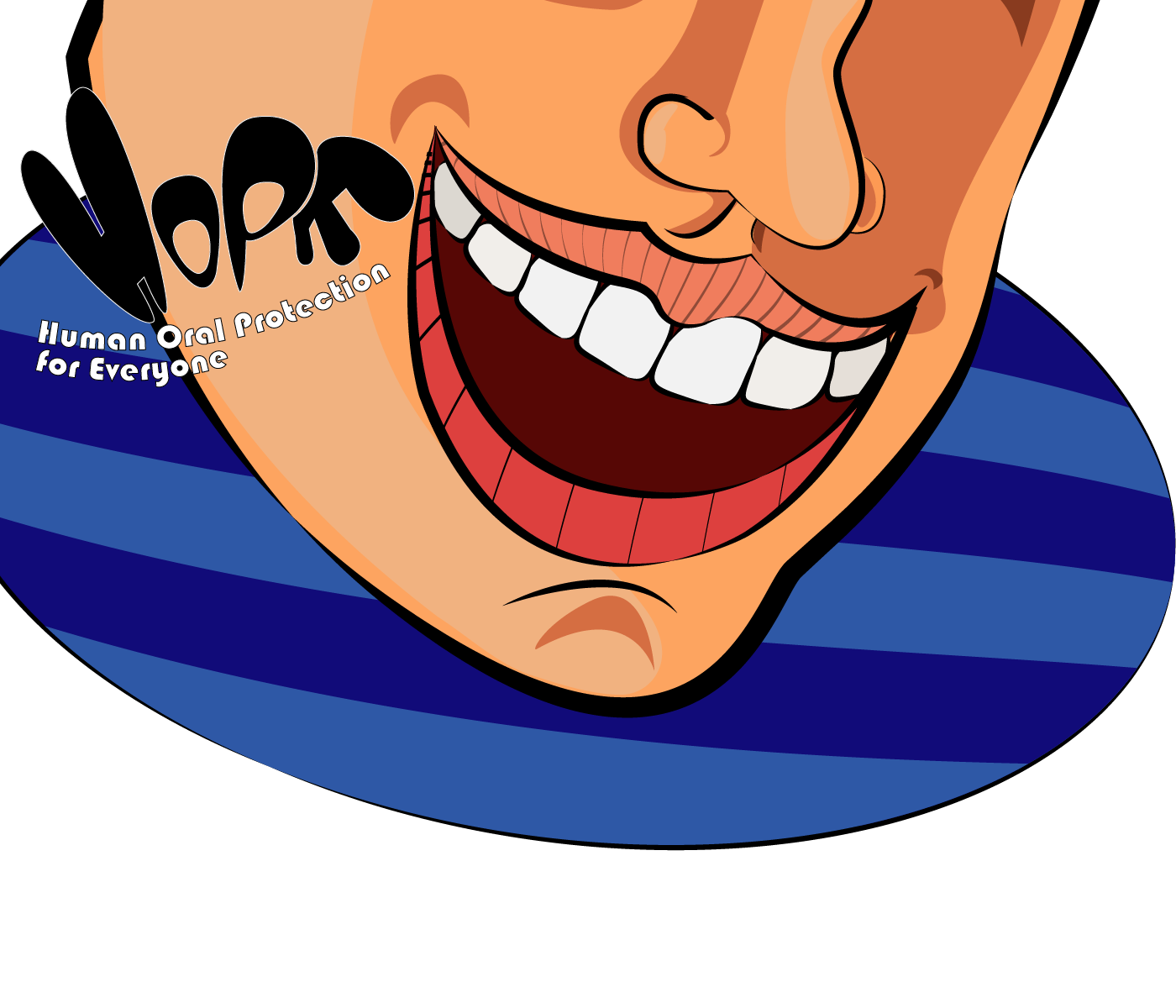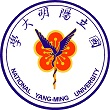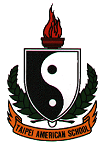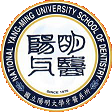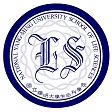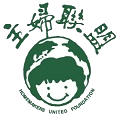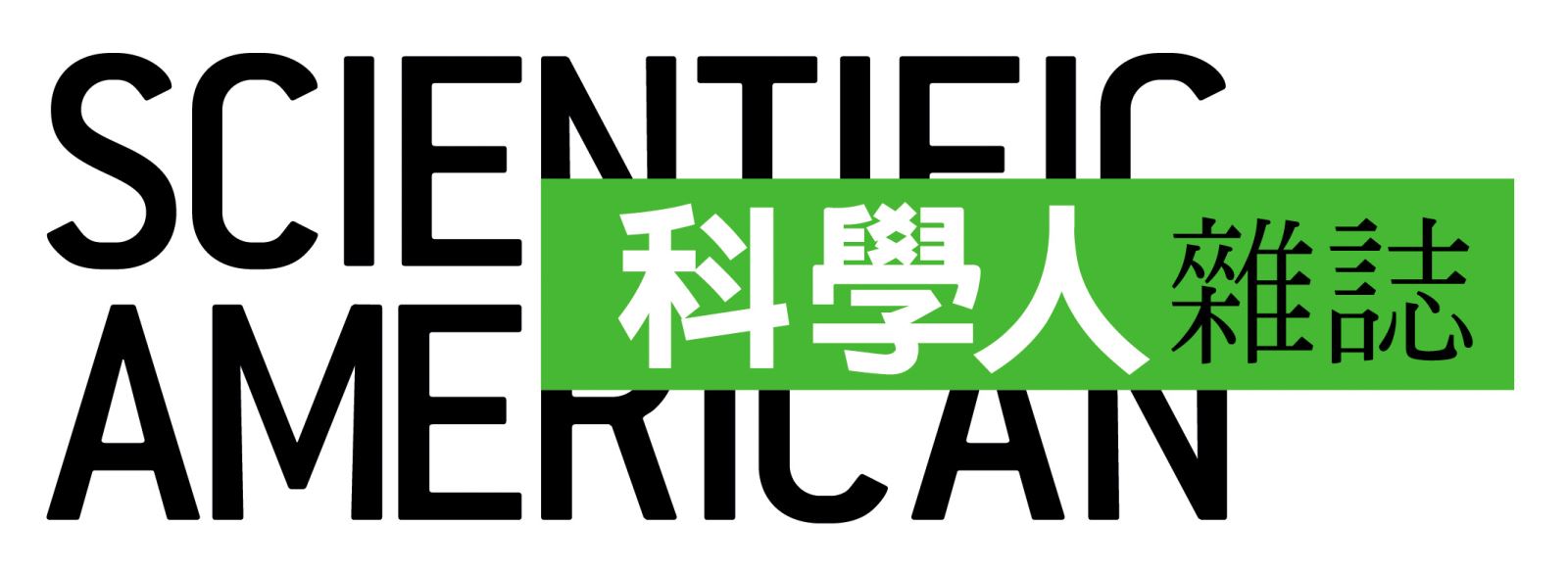Professor Kuo, Taiwan’s active anti-GMO professor
Warren Kuo
Renowned speaker and anti-GMO Advocate
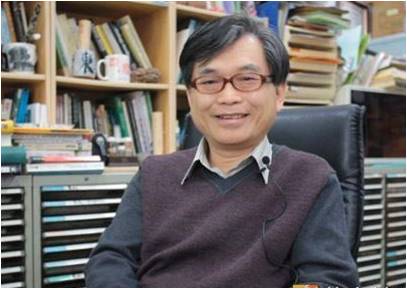
- Professor of Department of Agronomy, National Taiwan University
- Author for the Homemakers United Foundation, the chief anti-GMOs organization in Taiwan
What is synthetic biology?
"I assume it’s about inserting an alien gene into the genome of a certain organism. I’m not particularly against synthetic biology in the way I am against commercial GMOs."
"One of the chief concerns I have about synthetic biology is whether the genome of the modified organisms could spread out into the wild. I agree with the importance of having synthetic biology in fields such as medical treatments or other innovative fields, as long as the modified organisms stays strictly in laboratories. Nobody can really predict the dire consequences if some of these organisms were to be released, whether by purpose or by accident."
"Moreover, I synthetic biology accelerates the evolution of crops way too fast. These rapid changes may not give the environment enough time to overcome the impact."
What do you think of genetically modified foods?
"Modifying a crop involves the process of inserting a gene of another species. It may be genes from a plant, an animal, or even from germs! Doesn’t this sound rather unnatural and against the order of the universe?"
Since Professor Kuo is an expert and professor of the department of agronomy in National Taiwan University, we decided to have a further discussion about GMOs.
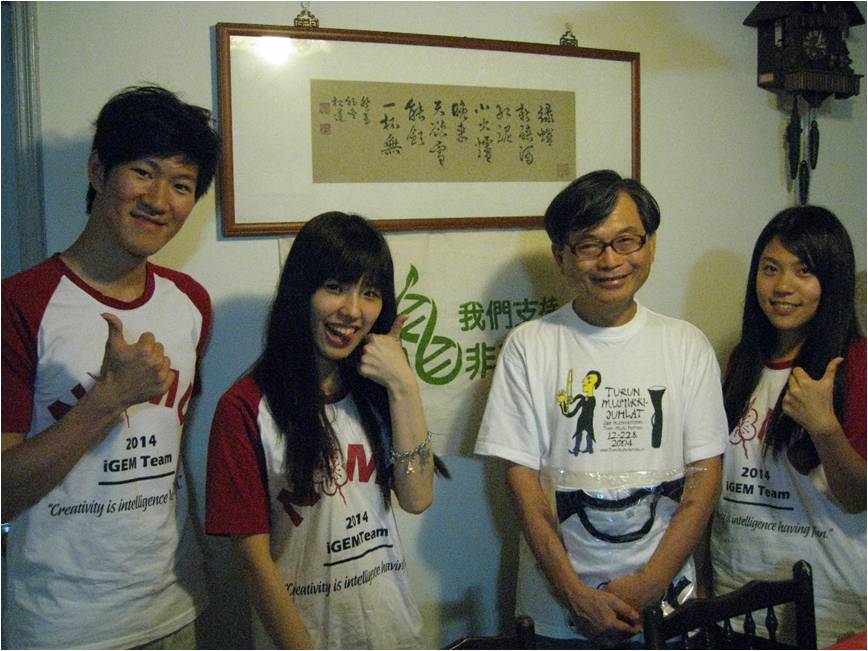
What do you think of “HOPE”? Are you willing to use “hope” to prevent cavities if our project has been realized?
"I still want to emphasize the importance of having these microorganisms confined to the oral cavity, so that they will not be able to survive outside our mouth. I am highly concerned about the biosafety mechanisms of HOPE, and if it is something you wish to pursue and realize further, I urge your team to reinforce your methods of biosafety."
"Only if HOPE is proven totally safe would I consider using it as a product."
Ethical Issues
Professor Kuo has been fighting against GMOs believing that this will bring better effects to our society and world. He believes in organic of natural produces, and is willing to fight for his own belief. Therefore, he has been travelling around Taiwan to give speeches and attend important conferences. He has even promoted policies to the government and legislators. He turns his words into action, hoping to implement laws on GMOs and helping farmers.
However, moving deeper into our discussion, we soon found the enormous gap between the interpretations of information of oppositions and supporters of GMOs. It seems there an efficient discussion panel for GMOs and synthetic biology does not yet exist in Taiwan. Thus, causing the misunderstanding of the two groups.
Lessons learned from the opposition
Although some of Professor Kuo’s opinions were in conflict with our own, his numerous real-world examples and cautionary tales served as poignant reminders for us of the importance of being humble when conducting experiments on organisms. Although humans possess incredible power in the capability of modifying the genome of organisms, we are not omnipotent, and we must always keep that in mind. This visit with Professor Kuo reimpressed upon us the paramount importance of biosafety measures. After all, when dealing with life, anything could happen.
"Life will find a way." –Ian Malcolm, from The Jurassic Park by Michael Crichton
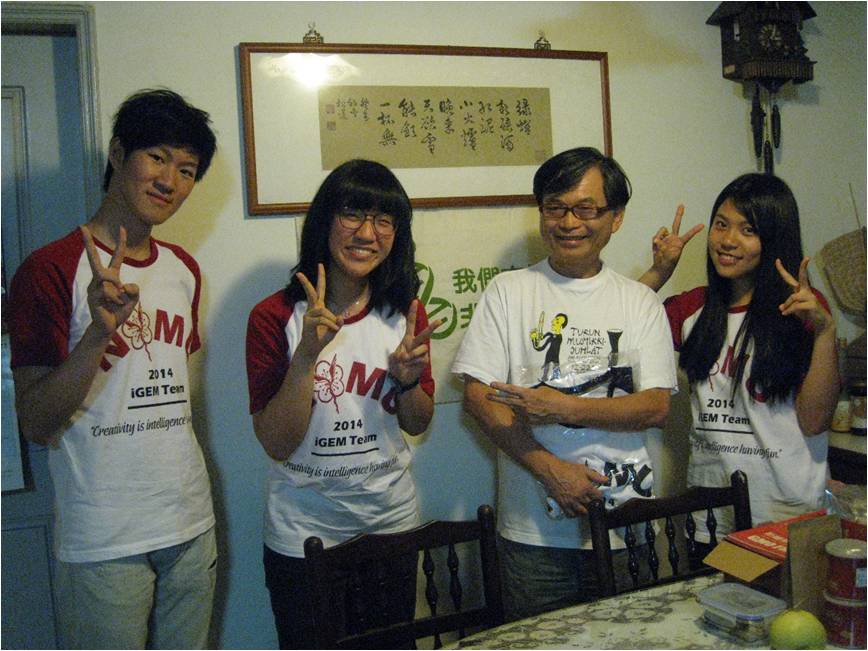
 "
"
